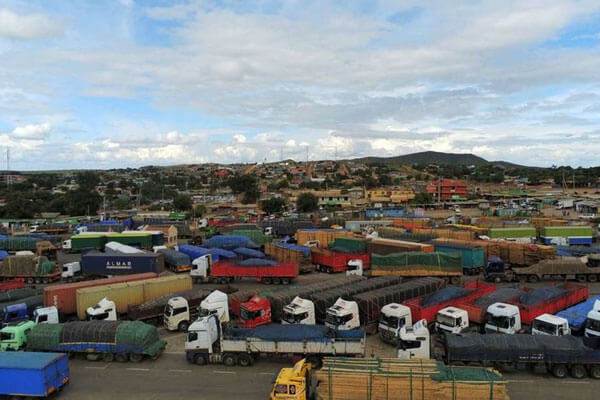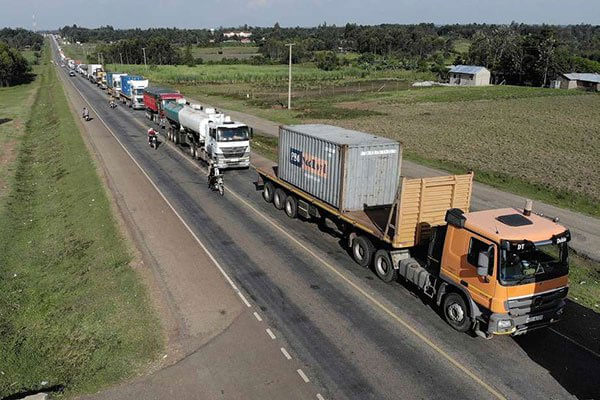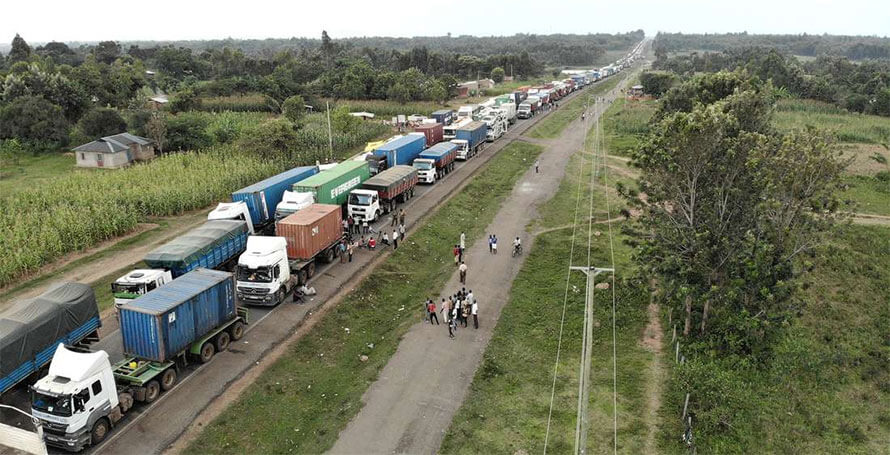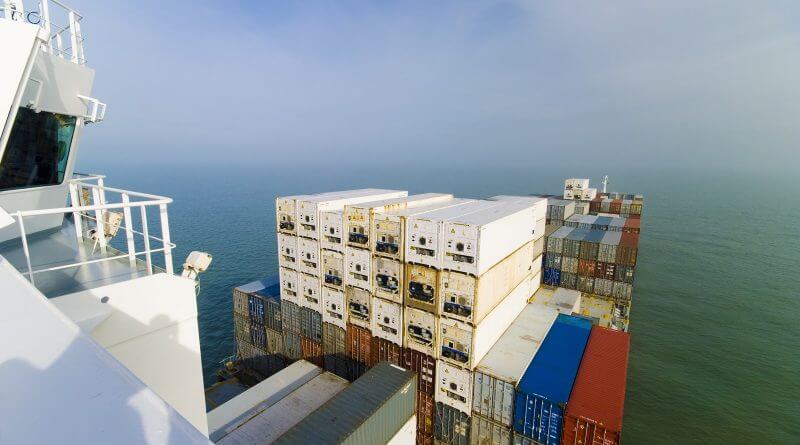The war on illegal sea trade has been heightened as navy officers step up operation at the Coast. The Kenya Navy has, together with the Kenya Coast Guard Service (KCGS), increased their patrols on the Indian Ocean to tame illicit trade. The security operation is targeting illegal fishing, drugs trafficking and sea pollution among others. “As a part of a multi-agency collaboration, the Kenya Navy and the Kenya Coast Guard Services' personnel today conducted a joint patrol at the South Coast's brown waters to curb illegal trade,” said the Kenya Defence Forces (KDF) in one of its operation posts on Twitter. It is estimated that the country loses at least Sh10 billion in revenue annually due to illegal and criminal activities at sea. The Twitter update on the patrol last week came as KCGS Director-General Vincent Loonena met with Kenya Ports Authority (KPA) acting managing director Rashid Salim to discuss maritime safety. KPA is a member of the Coast Guard technical committee where it plays an advisory role. The maritime agency was established by President Uhuru Kenyatta with its key roles being ensuring safety of the country’s territorial waters, safeguarding the ports and prevention of dumping of harmful wastes and pollutants in the sea. The Coast Guard also has a role in ensuring that vessels, sea farers and all sea users have the necessary licences for their operations at sea — whether work, leisure or business. It also offers search and rescue services and prevent illegal commercial activities such as...
Navy steps up sea patrols to curb illicit trade
Posted on: June 29, 2020
Posted on: June 29, 2020























